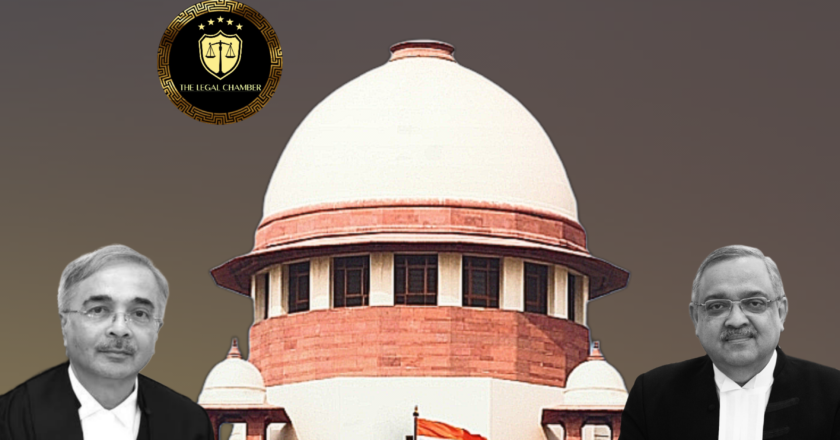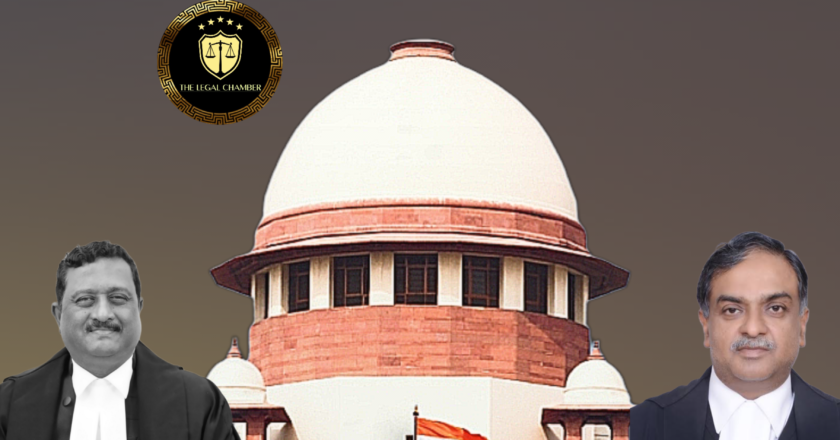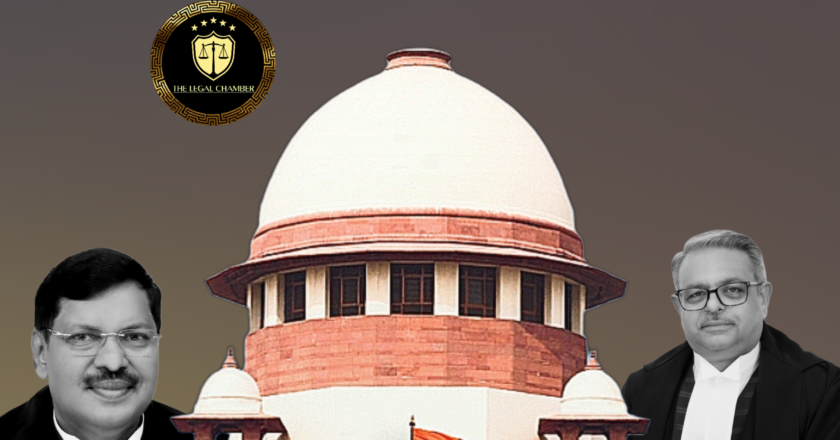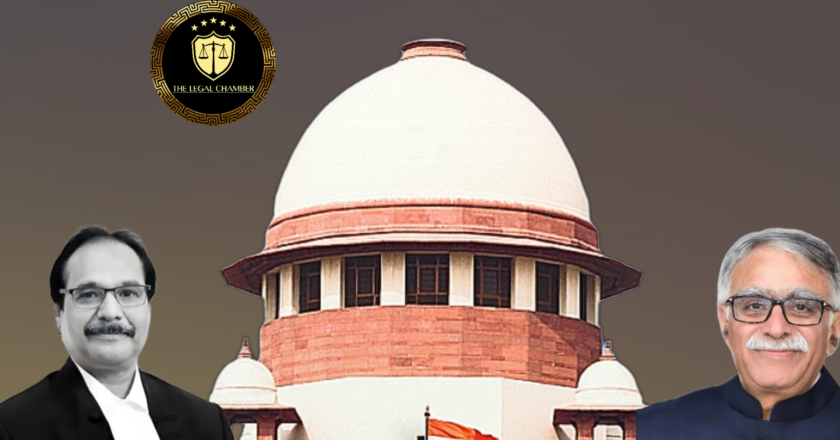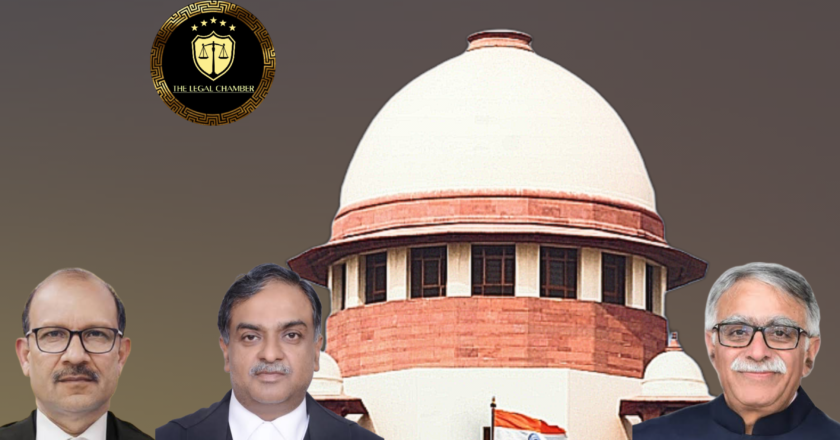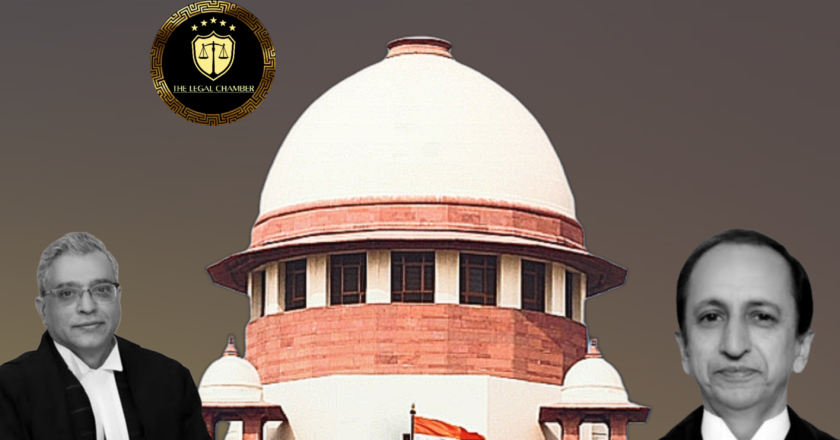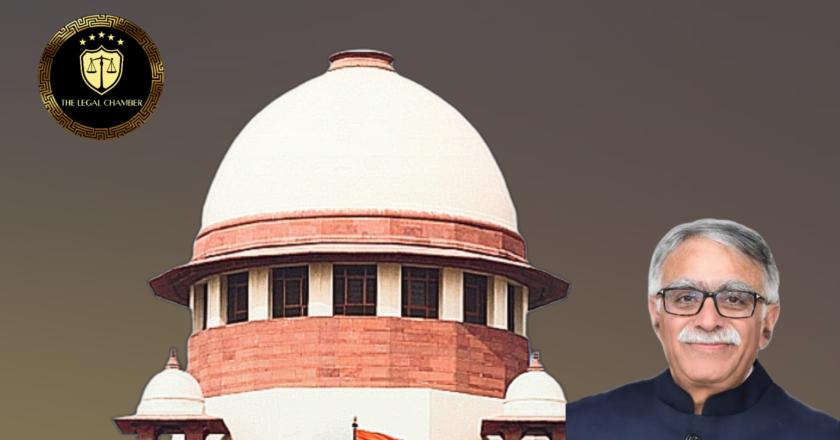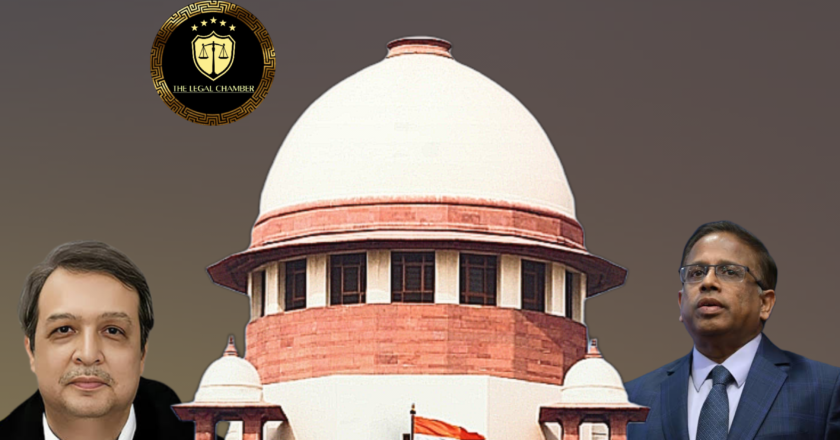From Murder to Culpable Homicide: How the Supreme Court Reclassified a Stabbing Case
The Supreme Court reclassified the offense from murder under Section 302 IPC to culpable homicide not amounting to murder under Section 304 Part I IPC. The Court held that while the appellant had the knowledge his act was likely to cause death, the prosecution failed to prove the requisite intention to kill, which is essential to constitute murder under Section 300 IPC.
Facts Of The Case:
On June 12, 1998, an altercation occurred between the appellant, Nandkumar, and his brother. Rajesh, the nephew of Louis Williams (the deceased), intervened, during which the appellant allegedly injured Rajesh with a knife. Later that night, the appellant went to the residence of Louis Williams. A further incident ensued, resulting in the appellant inflicting multiple stab wounds on Williams, including ...
